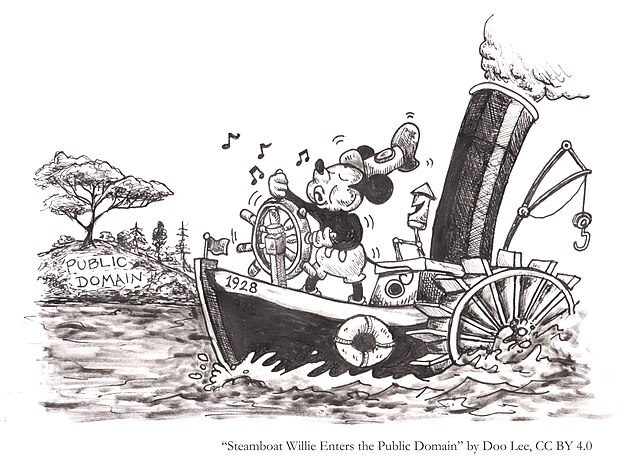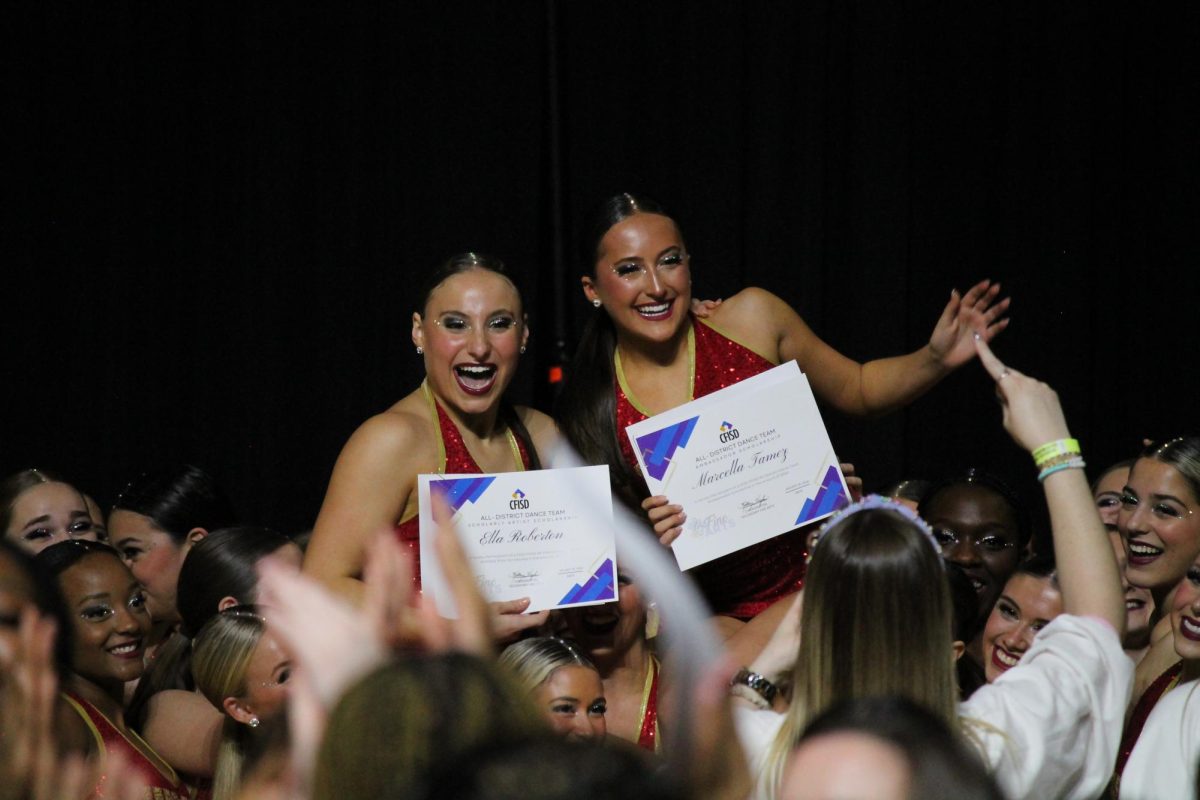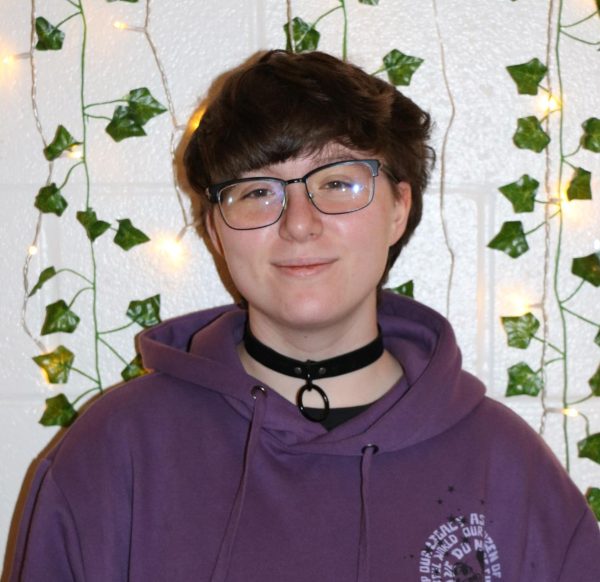A production four years in the making, “Epic” the Musical is inspired loosely by Homer’s “The Odyssey”, following the story of Odysseus and the Epic happenings of his life. The project, starting in June of 2019, covers a wide range of Greek mythology. The whole story is a magical telling of the main character’s interactions with godly figures and the mythical world surrounding him.
The musical production is separated into two acts, and each with 20 songs further subdivided into sagas or chapters, and has a storytelling progression inspired by those found in modern video games.
“I think they have some of the best moments in modern day storytelling, and there is so much that writers like me can learn from them,” Jorge Rivera-Herrans, the creator of “Epic”, said.
The project also has musical themes inspired by “Peter and the Wolf”, utilizing musical symbolism within each and every song in the production. Like “Peter and the Wolf”, each important character within “Epic” has their own unique instrument that represents them in the background of each song they contribute to, or they are alluded to within.
“Odysseus is represented by a guitar that changes type based on his intentions and mood,” Rivera-Herrans said. “Athena is represented by a piano.”
Aspects of the music change based on the happenings and amount of mystic that would be occurring on stage.
“Whenever she uses her signature move Quick-Thought, a clock sound effect plays to the tempo of the music,” Rivera-Herrans said, referring to Athena, the Goddess of War, and her ability to freeze time to have an entire conversation with Odysseus in an instant.
Within “Epic”, magic and magical characters such as gods or other mythical creatures are denoted with a more technological feel within the music, while non-magical songs are more traditional in composition.
Another part of the musical language within “Epic” is the uniqueness of the background vocals in each song, or more specifically how they change depending on whether it is a mortal or a god whose vocals are being backed in any specific moment.
“When mortal characters have background vocals in ‘Epic’, those vocals come from actual characters who are present in that situation,” Rivera-Herrans said.
This is used when the soldiers voices back Odysseus’s vocals.
“The background vocals in god music do not have to come from actual sources,” Rivera-Herrans said, stating that because they have divine power, their backing vocals are ensembles that further express their emotions or intent within a scene.
The casting method of “Epic” is also a unique aspect of the production; Rivera-Herrans accepts auditions through TikTok duets of instrumentals featuring the casted character.

“Anyone, regardless of your age, gender, location in the world, anything, can audition… If we hear your voice and decide that your voice is the right fit for the character, we will do everything in our power to make it work,” Rivera-Herrans said, emphasizing that even if the gender or age of the character doesn’t align with that of the actor, it’s the voice that matters most.
“Epic” and its loving community of tens of thousands have gained plenty of traction in the musical world. Four of nine concept sagas have been released on well-known streaming platforms, with the rest well on their way.








